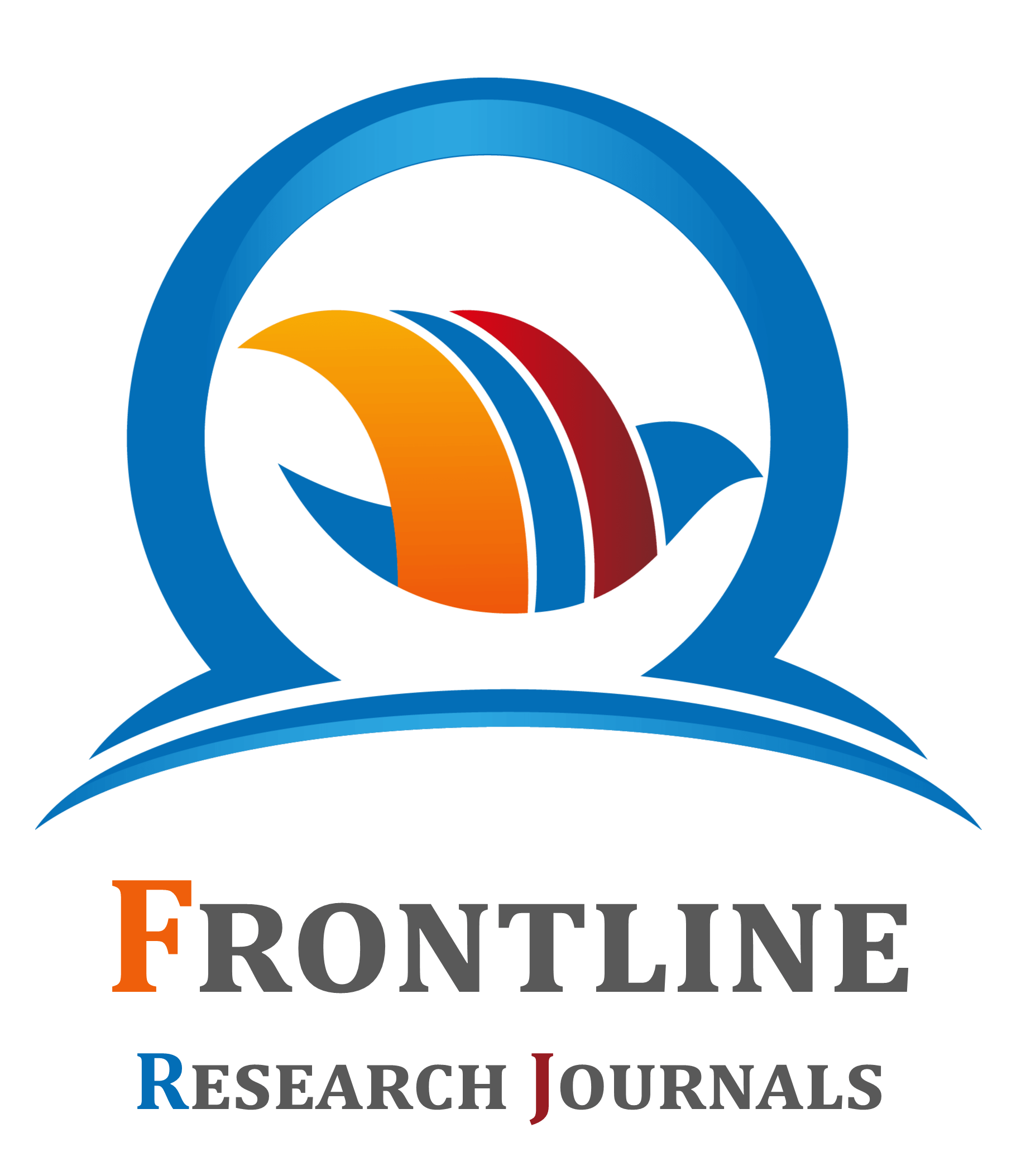A framework for standardizing tax administration in Nigeria: Lessons from global practices
1 Standards Organization of Nigeria.
2 Zenith General Insurance Company Limited, Nigeria.
3 The Velvet Expression, Lagos, Nigeria.
4 Independent Researcher, Lagos, Nigeria.
5 Zenith Bank Nigeria.
Review
International Journal of Frontline Research and Reviews, 2023, 01(03), 033–050.
Article DOI: 10.56355/ijfrr.2023.1.3.0032
Publication history:
Received on 07 February 2023; revised on 20 March 2023; accepted on 24 March 2023
Abstract:
This paper presents a framework for standardizing tax administration in Nigeria, drawing lessons from global best practices. Nigeria’s tax system faces significant challenges, including inefficiencies, inconsistencies, and low compliance rates. To address these issues, this framework proposes a comprehensive approach to harmonize and modernize tax administration processes, leveraging international experiences to enhance effectiveness and equity in Nigeria’s tax system. The framework emphasizes the adoption of standardized procedures and technologies to streamline tax collection, improve compliance, and reduce administrative burdens. Key components include the integration of advanced digital tools, such as automated tax filing systems and real-time data analytics, to facilitate efficient and accurate tax administration. The framework also advocates for the implementation of uniform tax guidelines and practices across different regions and sectors to ensure consistency and fairness. Lessons from global practices underscore the importance of robust regulatory frameworks, effective enforcement mechanisms, and stakeholder engagement. Successful examples from countries with advanced tax systems reveal the benefits of centralized tax administration, comprehensive taxpayer education programs, and the use of technology for transparent and efficient tax processes. The framework incorporates these elements to propose a tailored approach for Nigeria, focusing on aligning local practices with global standards while addressing unique domestic challenges. Expected outcomes of implementing this framework include improved revenue collection, enhanced taxpayer compliance, and a more transparent and equitable tax system. By integrating best practices and technology, the framework aims to modernize Nigeria’s tax administration, fostering a more effective and reliable system that supports economic growth and development.
Keywords:
Tax administration; Nigeria; Standardization; Global practices; Digital tools; Compliance; Regulatory frameworks; Stakeholder engagement
Full text article in PDF:
Copyright information:
Copyright © 2023 Author(s) retain the copyright of this article. This article is published under the terms of the Creative Commons Attribution Liscense 4.0
